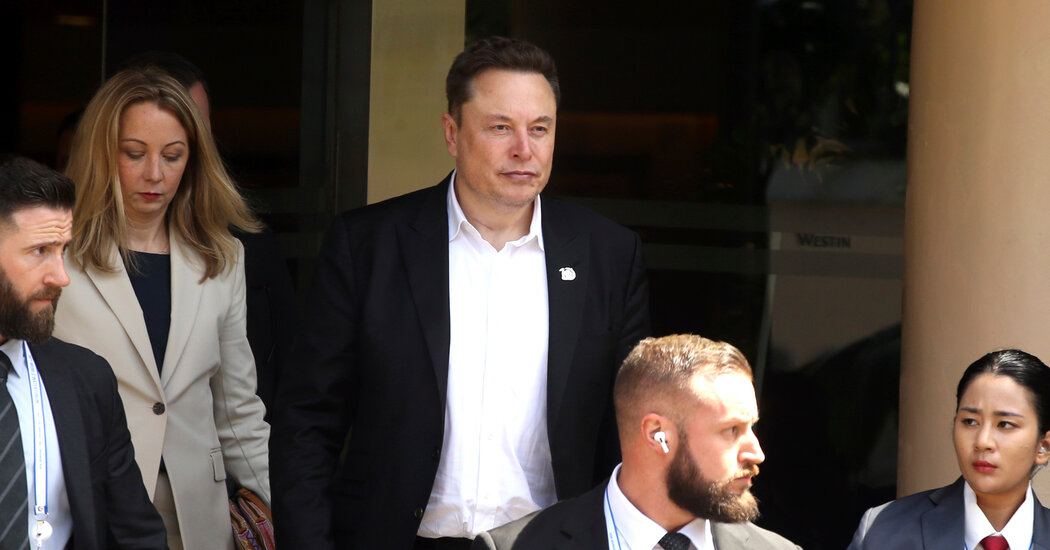Elon Musk dropped his lawsuit against OpenAI, the developer of the online chatbot ChatGPT, on Tuesday, one day before a state court in San Francisco was set to consider whether the case should be dismissed.
The lawsuit, filed in February, alleged that the artificial intelligence startup and its two founders, Sam Altman and Greg Brockman, violated OpenAI’s founding agreement by prioritizing commercial interests over the public interest.
Musk’s lawsuit alleges that OpenAI’s multi-billion dollar partnership with Microsoft represents a departure from the company’s commitment to develop its AI carefully and make its technology available to the public.
Musk had argued that the founding agreement stated that the organization should focus on building artificial general intelligence (AGI) — machines that can do anything the brain can do, for the benefit of humanity.
San Francisco-based OpenAI sought to dismiss the lawsuit days after Musk filed it, but he could still refile in California or another state.
Musk did not immediately respond to a request for comment, and OpenAI declined to comment.
Musk helped found OpenAI in 2015 with Altman, Brockman, and a handful of other young AI researchers. He saw the lab as a response to the AI research Google was doing at the time, and Musk believed that Google and its cofounder, Larry Page, hadn’t been properly concerned about the risks that AI posed to humanity.
Musk parted ways with OpenAI after a power struggle in 2018. The company has since become a leader in AI technology, developing ChatGPT, a chatbot that can generate text and answer questions in human-like sentences.
Musk founded his own AI company called xAI last year, but has repeatedly argued that OpenAI has not paid enough attention to the dangers of AI technology.
His lawsuit came just weeks after OpenAI’s board abruptly fired Altman, saying he was no longer committed to the company’s mission of building AI for the benefit of humanity. Altman was reinstated after five days of negotiations with the board, and quickly consolidated control of the company and regained his board seat.
Late last month, OpenAI announced it had begun development of a new artificial intelligence model that would be a successor to the GPT-4 technology that powers ChatGPT. The company said it hopes the new model will bring “the next level of capabilities” as it strives to build AGI.
The company also announced it would create a new safety and security committee to consider how to address risks posed by new models and future technologies.
